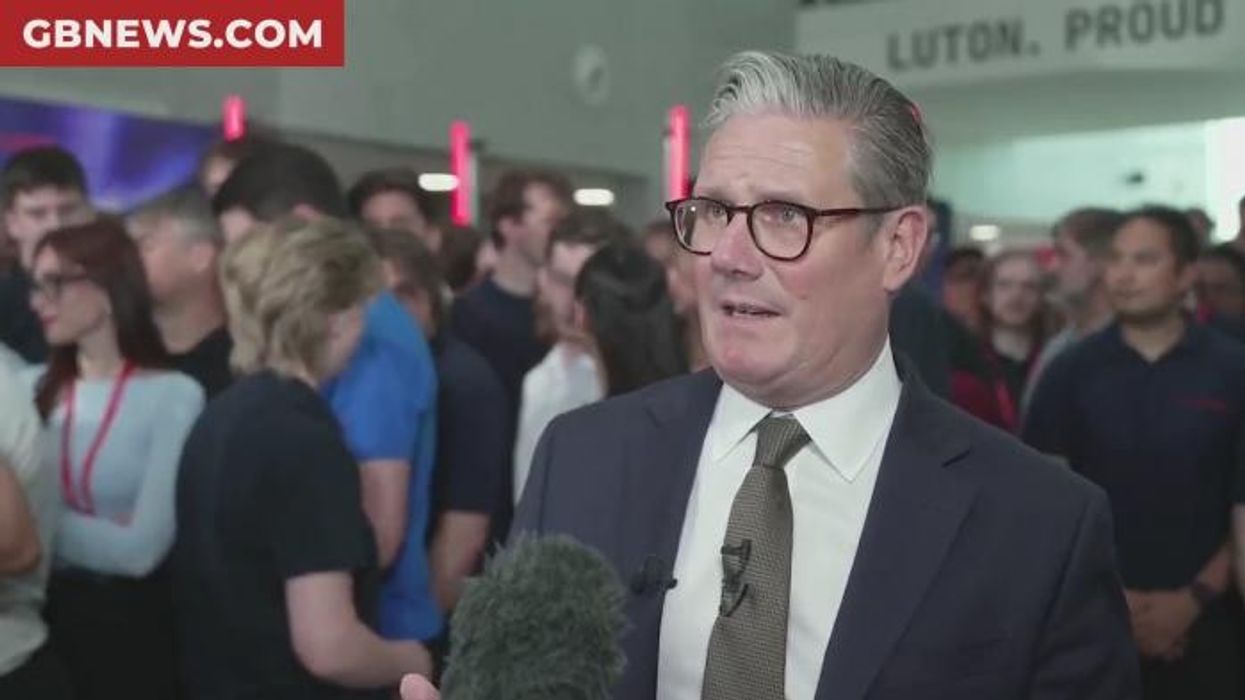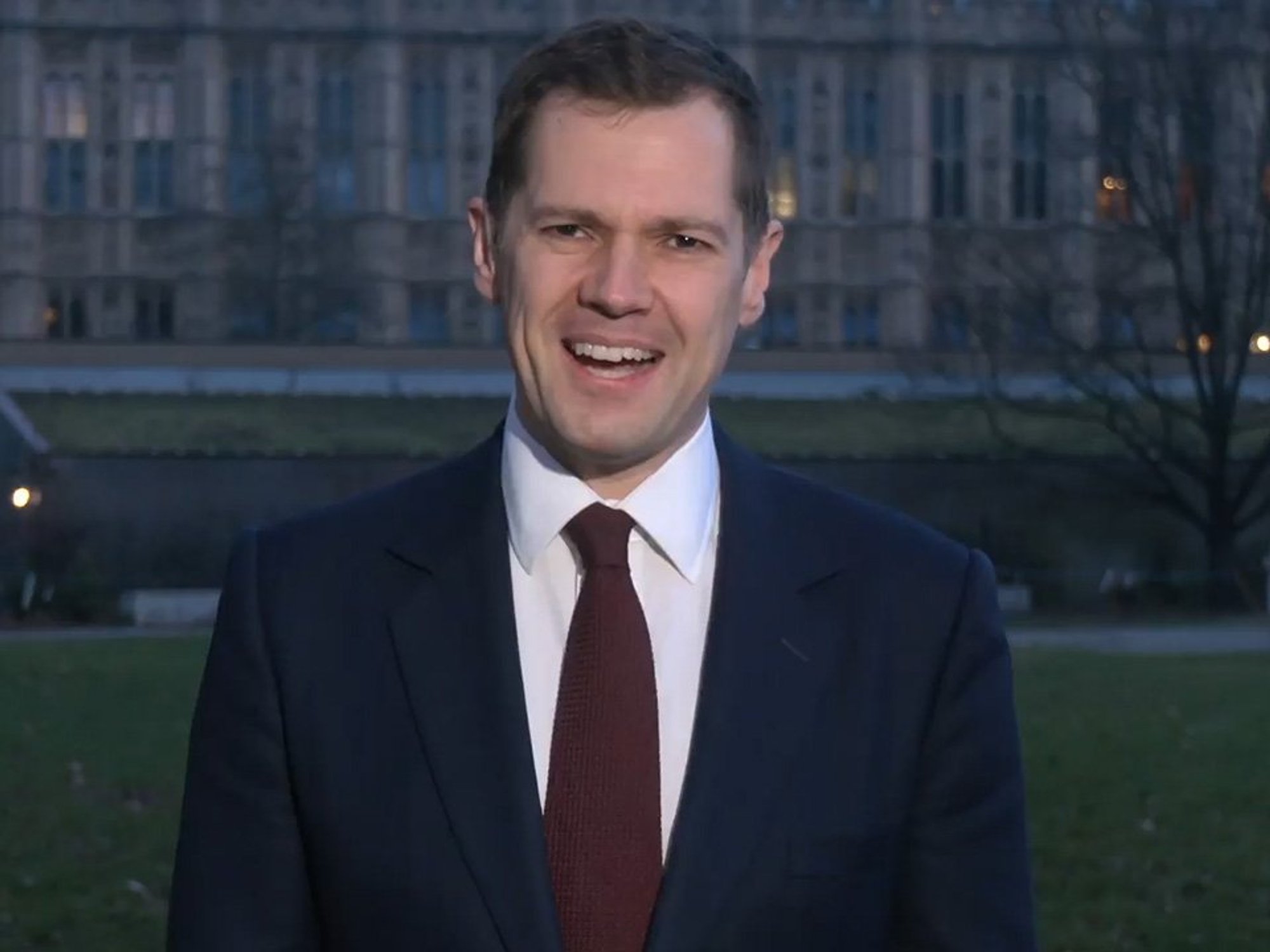Rachel Reeves under pressure as UK borrowing costs rise fastest in G7

The yield on 30-year UK bonds climbed to 5.64 per cent, the highest since 1998
Don't Miss
Most Read
Britain's borrowing costs have jumped more sharply than any other G7 nation following Sir Keir Starmer's reshuffle of his economic advisers.
The yield on 30-year UK Government bonds hit 5.64 per cent on Monday, the highest level in 27 years, as investors demanded higher returns to fund Treasury debt.
The sharp rise has fuelled questions over how Chancellor Rachel Reeves plans to steady the public finances ahead of the autumn Budget, with Britain now facing the steepest increase in long-term borrowing costs among major economies.
This increase occurred after Sir Keir Starmer shifted Darren Jones from his Treasury position to become Chief Secretary at Number 10.
The Prime Minister simultaneously brought in Baroness Shafik, who previously served as deputy governor at the Bank of England, to serve as his principal economic adviser.
James Murray has taken over Jones's former Treasury responsibilities, whilst Dan Tomlinson assumes the Exchequer secretary position vacated by Murray.
Financial markets have responded negatively to these appointments, with the gap between UK government bond yields and those of other G7 nations reaching an all-time high of 50 basis points.
Simon French, chief economist at Panmure Liberum, stated on social media platform X: "The immediate market reaction is not exactly a vote of confidence on these moves."
French warned that traders interpret the changes as signalling increased Government debt issuance and potential inflationary pressures ahead.
He emphasised that the yield differential between UK 10-year bonds and the highest among other G7 nations has surpassed previous records, including the Spring Statement peak.
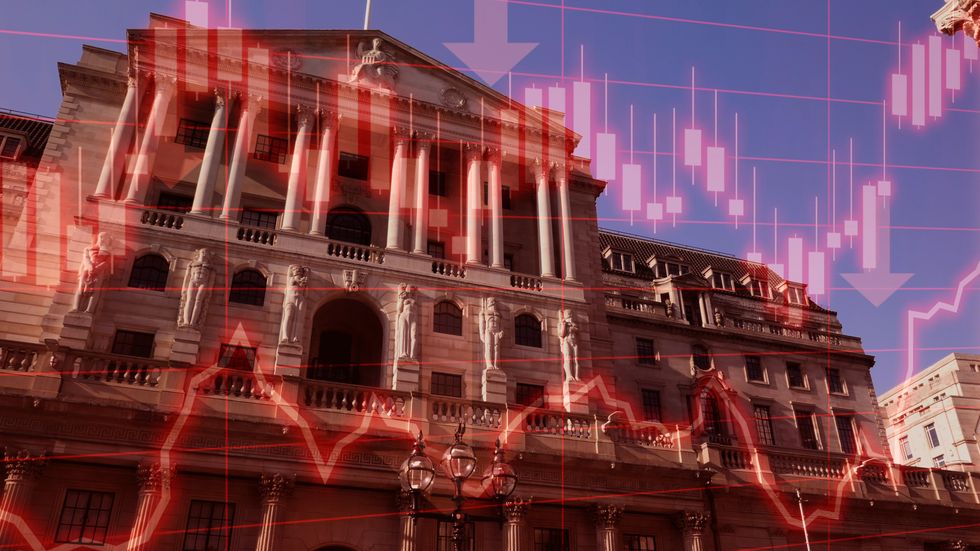 High interest rates and inflation have impacted Britons ability to navigate the economy | GETTY
High interest rates and inflation have impacted Britons ability to navigate the economy | GETTY The economist stressed that the newly configured economic team must demonstrate that Downing Street comprehends these market dynamics and supports the Chancellor's efforts.
The reshuffle has positioned individuals with track records of supporting increased wealth taxation in influential roles.
Baroness Shafik has previously advocated for elevated taxes on wealth, specifically encouraging officials to focus on inheritance, property and land levies.
Dan Tomlinson, who now serves as Exchequer secretary, co-authored research at the Resolution Foundation that characterised wealth as "relatively under-taxed".
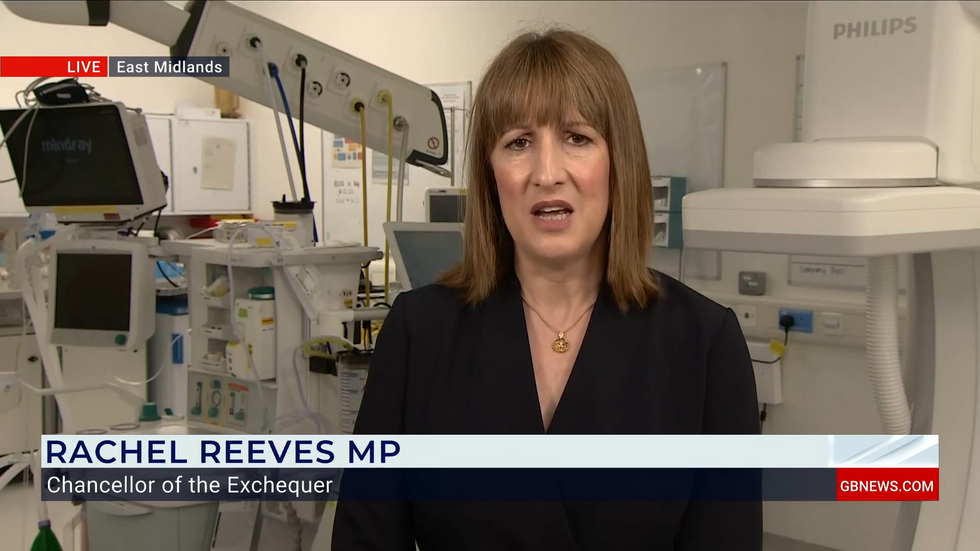 Rachel Reeves is preapring for this year's Autumn Budget | GB NEWS
Rachel Reeves is preapring for this year's Autumn Budget | GB NEWS His February 2022 report argued that increased taxation on wealth and non-employment income would likely prove necessary for Governments managing fiscal challenges throughout the 2020s.
The document cautioned that protecting wealth whilst continuing to burden earned income with higher taxes would be "indefensible".
These appointments come as Reeves faces expectations of tax increases to address an estimated £50billion shortfall in Government finances.
The UK's vulnerability to global bond market movements has been amplified by domestic economic challenges, according to investment strategists.
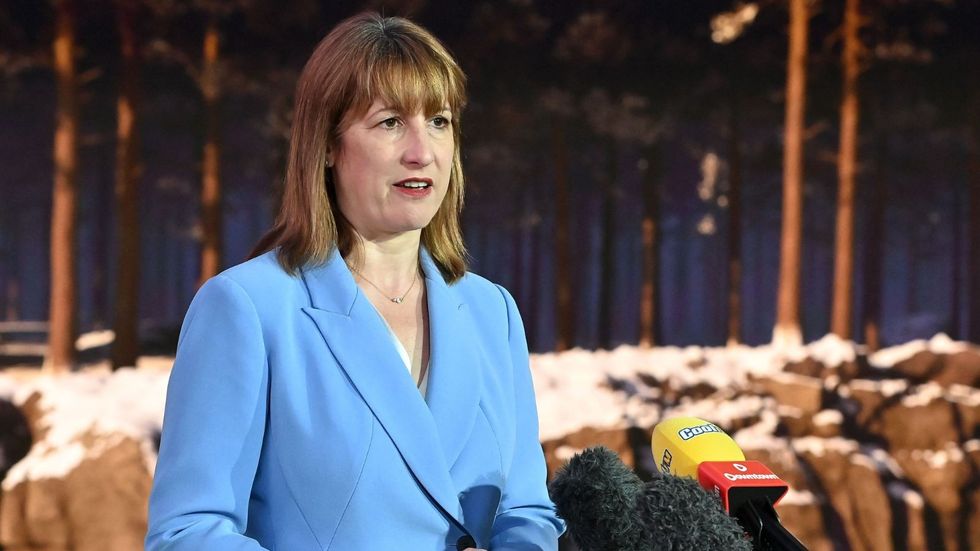
These appointments come as Reeves faces expectations of tax increases to address an estimated £50billion shortfall in government finances
|PA
James Bilson of Schroders identified a worldwide shift in bond yields influenced by concerns about Federal Reserve independence, but noted Britain's weak fiscal position makes it particularly susceptible to these international dynamics.
Persistent inflation remains a key driver, with UK price increases hovering near four per cent whilst the differential with eurozone inflation has widened to its largest margin in almost two years. This has constrained the Bank of England's ability to reduce interest rates below their current 4 per cent level.
James Athey of Marlborough highlighted structural issues including excessive government size, an unsustainable tax burden relative to expenditure, and weak productivity growth. He suggested the administration has shown reluctance to make necessary difficult decisions.
More From GB News


